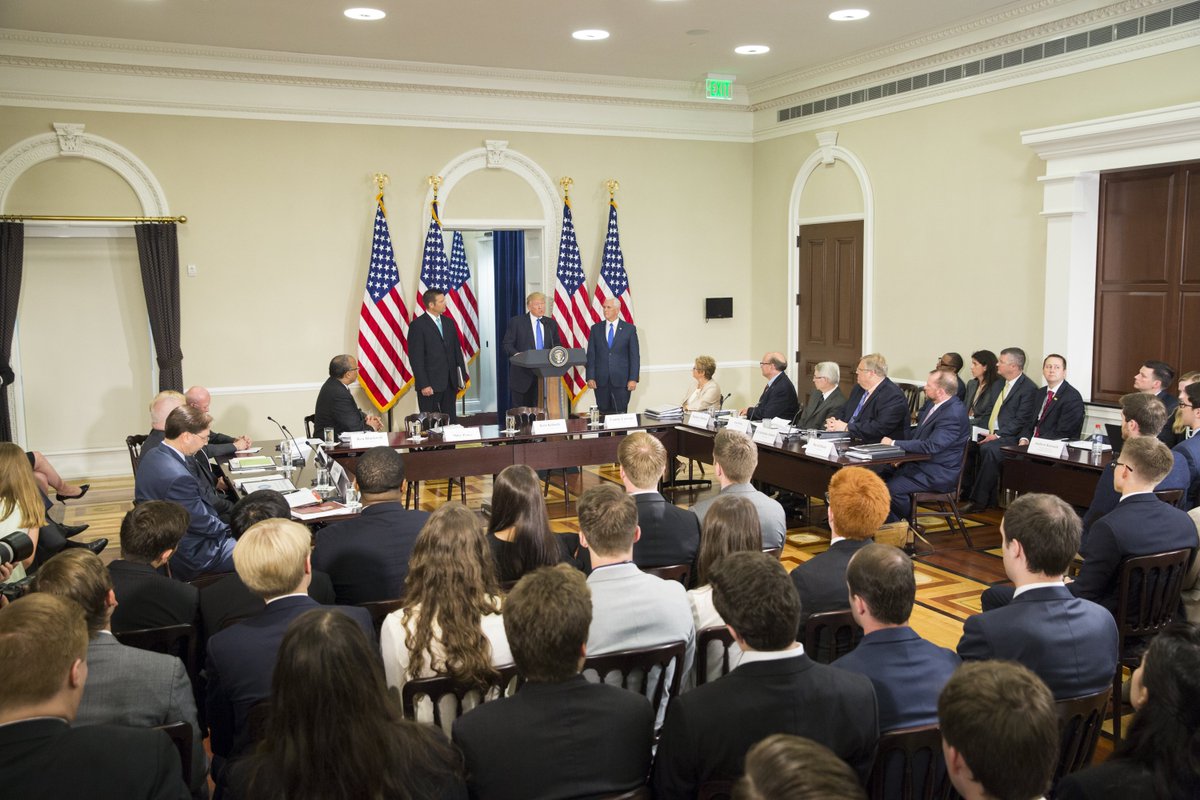
Muscat: India will no longer be allowed to export goods to the United States without paying the trade duties required, after US President Donald Trump decided to remove India from its list of favoured trade countries.
Under the US Generalized System of Preferences (GSP) programme, certain developing countries are allowed to export their goods to the US without paying the tariffs needed to import them into the US.
However, as Trump pushes on with his reported intentions to provide preferential treatment to American businesses, he has decided to take both India and Turkey off the GSP list.
A statement from the Office of the US Trade Representative said, “At the direction of President Donald J. Trump, U.S. Trade Representative Robert Lighthizer announced today that the United States intends to terminate India’s and Turkey’s designations as beneficiary developing countries under the Generalized System of Preferences (GSP) programme because they no longer comply with the statutory eligibility criteria.
“India’s termination from GSP follows its failure to provide the United States with assurances that it will provide equitable and reasonable access to its markets in numerous sectors,” the statement added. “Turkey’s termination from GSP follows a finding that it is sufficiently economically developed and should no longer benefit from preferential market access to the United States market.”
By statute, these changes may not take effect until at least 60 days after the notifications to Congress and the governments of India and Turkey, and will be enacted by a Presidential Proclamation.
Background
Under the United States GSP programme, certain products can enter the United States duty-free if beneficiary developing countries meet the eligibility criteria established by Congress. GSP criteria include, among others, respecting arbitral awards in favour of United States citizens or corporations, combating child labour, respecting internationally recognised worker rights, providing adequate and effective intellectual property protection, and providing the United States with equitable and reasonable market access.
Countries can also be graduated from the GSP programme depending on factors related to economic development.
In terms of why India was dropped from the GSP list, the statement added, “The US launched an eligibility review of India’s compliance with the GSP market access criterion in April 2018. India has implemented a wide array of trade barriers that create serious negative effects on United States commerce. Despite intensive engagement, India has failed to take the necessary steps to meet the GSP criterion.”
Light was also shed on why Turkey was de-listed.
“The United States designated Turkey as a GSP beneficiary developing country in 1975,” explained the statement. “An increase in Gross National Income (GNI) per capita, declining poverty rates, and export diversification, by trading partner and by sector, are evidence of Turkey’s higher level of economic development.”
US trade preference programmes such as the Generalized System of Preferences (GSP) provide opportunities for many of the world’s poorest countries to use trade to grow their economies and climb out of poverty.
GSP is the largest and oldest US trade preference programme. Established by the Trade Act of 1974, GSP promotes economic development by eliminating duties on thousands of products when imported from one of 120 designated beneficiary countries and territories.
The Office of the US Trade Representative added, “GSP promotes sustainable development in beneficiary countries by helping these countries to increase and diversify their trade with the United States. The GSP programme provides additional benefits for products from least developed countries.
“Moving GSP imports from the docks to US consumers, farmers, and manufacturers supports tens of thousands of jobs in the United States,” added the USTR office. “GSP also boosts American competitiveness by reducing costs of imported inputs used by U.S. companies to manufacture goods in the United States. GSP is especially important to U.S. small businesses, many of which rely on the programs’ duty savings to stay competitive.”